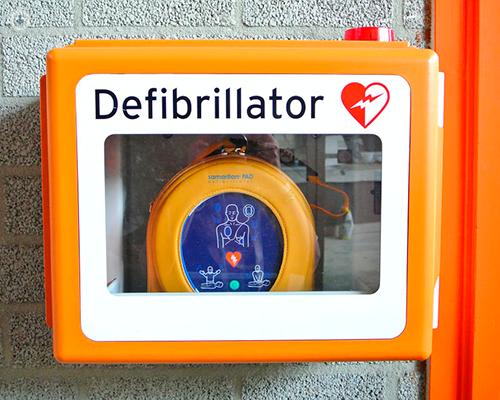Early detection of coronary artery disease using AI platforms like Caristo and HeartF
Autore:Coronary artery disease (CAD) remains a leading cause of mortality globally, emphasizing the need for early and accurate detection methods. Traditional diagnostic techniques often involve invasive procedures or advanced imaging, which can be costly and time-consuming. However, the advent of artificial intelligence (AI) has ushered in a new era of non-invasive, efficient, and precise diagnostic tools, revolutionising the detection and management of CAD.
Notable among these AI platforms are Caristo and HeartF. Here to explain more about these techniques is esteemed consultant cardiologist, Dr Michael Hickman.

What is Caristo?
Caristo is an AI-driven platform that leverages advanced imaging analysis to detect CAD at its earliest stages. Utilising coronary computed tomography angiography (CCTA) scans, Caristo employs deep learning algorithms to analyse perivascular fat attenuation index (FAI), a biomarker indicative of inflammation around coronary arteries. Studies have demonstrated that Caristo's AI can predict future cardiac events with remarkable accuracy, offering a non-invasive, predictive alternative to traditional methods.
The platform's ability to analyse and interpret large datasets quickly and accurately provides clinicians with actionable insights. By identifying high-risk patients early, Caristo enables timely interventions, potentially preventing severe cardiac events and improving patient outcomes.
What is HeartF?
HeartF is another AI-powered platform designed to enhance the early detection of CAD through comprehensive cardiac monitoring. HeartF integrates data from various sources, including electrocardiograms (ECGs), wearable devices, and electronic health records (EHRs), to create a holistic view of a patient's cardiovascular health. Its machine learning algorithms continuously analyse these data points to detect subtle changes that may indicate the onset of CAD.
HeartF's strength lies in its continuous monitoring capabilities, which allow for real-time detection of anomalies and prompt medical responses. This continuous data flow and analysis enable healthcare providers to monitor patients more effectively, ensuring that any signs of CAD are detected and addressed promptly.
What does the future coronary artery disease detection entail?
The use of AI platforms like Caristo and HeartF represents a significant advancement in the early detection of coronary artery disease. These technologies not only enhance diagnostic accuracy but also improve the efficiency of healthcare delivery.
As AI continues to evolve, its integration into clinical practice promises to transform how CAD and other cardiovascular diseases are diagnosed and managed, ultimately saving lives and reducing healthcare costs. The future of CAD detection lies in harnessing the power of AI to provide personalized, precise, and proactive patient care.


